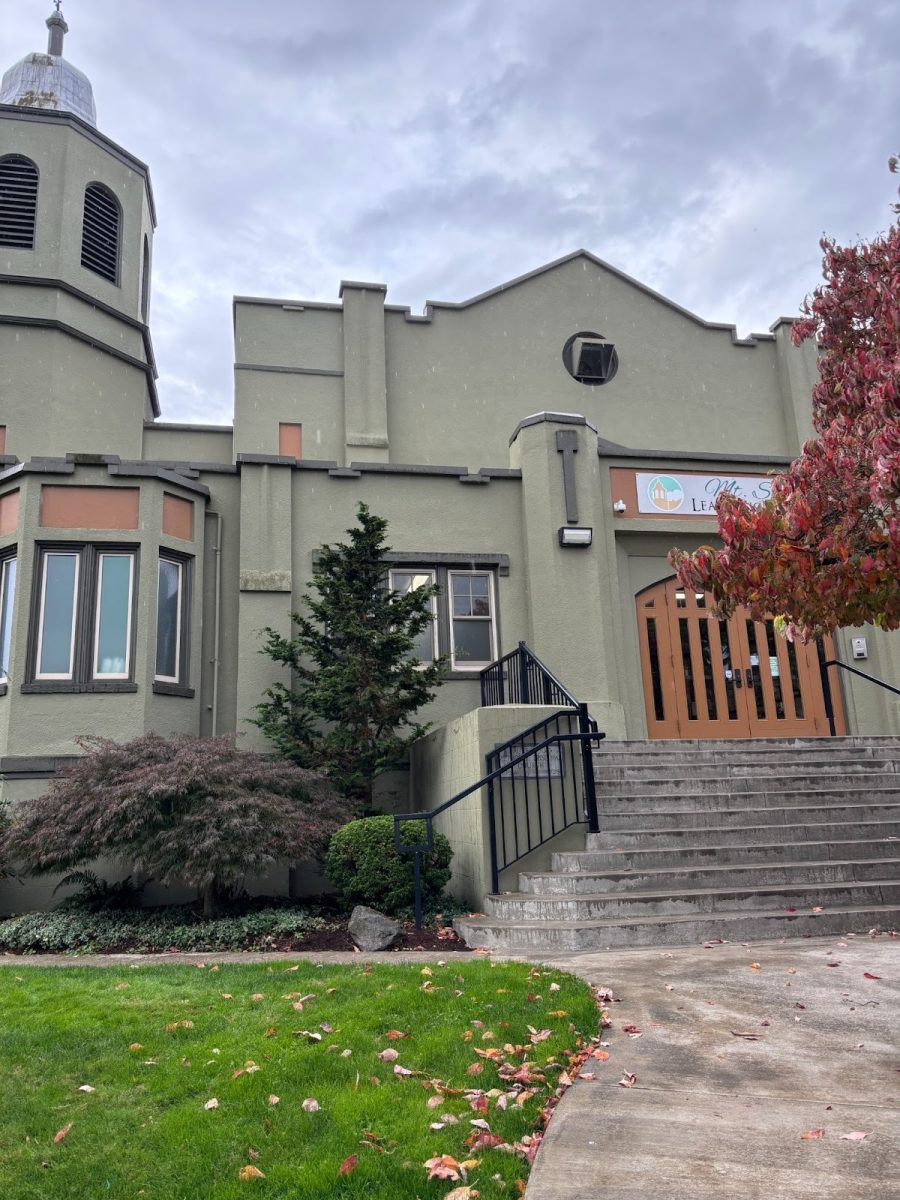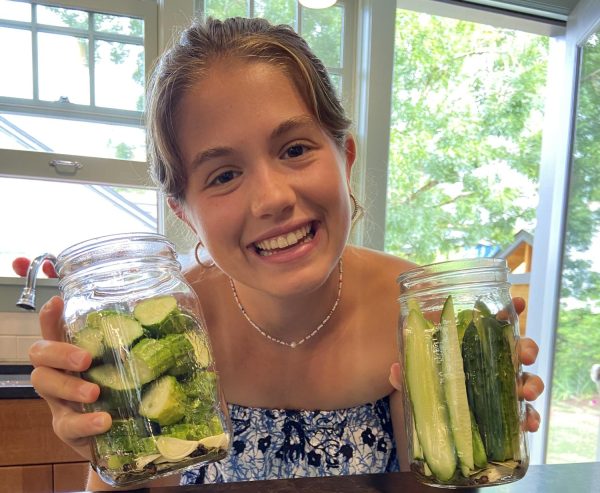Franklin High School’s Period Club recently had a supply drive collecting menstrual products and money. Supplies donated are going to the Raphael House of Portland for domestic violence survivors. The Period Club reached their goal of fifty boxes of pads, fifty boxes of tampons and $150 dollars raised. With the money raised, they hope to purchase not only more pads and tampons but also clean packages of underwear, reusable pads and Diva menstrual cups. “We want to reach within our community as a whole and not just within the Franklin community,” explained Scarlett Judson, co-president of the Period Club. “We are trying to reach a lot more people that are in need of period supplies because they are experiencing financial problems or houselessness.”
This is not the first time this year that the Period Club has helped menstruators in the community. Oregon is the first state in the United States to pass legislation requiring all public schools to provide free menstrual products in student restrooms. However, whether supplies are being provided is uncertain. “The school is supposed to supply them, but there weren’t any, so we partnered with Passion Impact first and that’s where most of the period supplies that were in the bathrooms [were] from,” said Judson. “We replenished them with some supplies we had when I was a freshman.”
The Period Club doesn’t stop at providing menstrual supplies but also wants to create awareness over period poverty and period stigma.
“Period poverty is the result of people who menstruate not having the financial needs to get period products. That can result in people missing school or work or other responsibilities and falling farther behind because they don’t have the necessary means to maintain themselves in a workplace,” explains Oliver River Satalich, vice president of Period Club.
“[To describe] period stigma, a lot of it just comes from periods not being talked about and so they’re not seen as normal and that part of our goal is to normalize it through that conversation,” said River Satalich.
“A lot of people think that periods may be dirty or unnatural, but they’re a natural bodily function … even if you don’t menstruate they affect everyone.”
Even from a young age, period stigma is present at school.
“In elementary school, a lot of people’s first experience with sex ed gets separated by gender and so boys arent even learning about periods, … if periods aren’t talked about it just feeds back into the feedback loop that creates period stigma,” expressed River Satalich.
According to the National Organization for Women, most menstruators end up spending around $20 on hygiene products per cycle, adding up to about $18,000 in their lifetime. “It is something that shouldn’t be this expensive, especially because every single menstruator has it and not all menstruators are women, and not all women menstruate, but it affects … half of the population for a super long amount of time,” said Judson.
The Period Club is also tentatively putting together a supply drive for this coming spring. “We know we want to give to the Clothing Closet … [because it gives] directly to teenagers and children in need,” expressed Judson. “We would focus more on reusable underwear and reusable menstrual cups or reusable pads.”
“There are so many examples of people having to miss school or work because [they do] not have access to pads or tampons or even just because your pain is so bad,” said River Satalich. According to The Children’s Hospital of Philadelphia, one in five menstruating teens struggle to afford products and four in five have missed or know someone who missed class because of lack of access to products.
“There were a lot of misconceptions [my] freshman year [that only women were allowed in] … the club or menstruators, but we allow anyone,” said Judson. “I hear a lot of taboo about it and how it’s seen as a negative thing but it’s not a negative thing.”
For more information about the Period Club, you can follow them on Instagram at period.franklinhighschool and club meetings are Wednesdays during lunch in the study hall space above the library.
“We encourage as many people as possible to come to our meetings because we are talking about such important issues and like trying to raise awareness for it, so anyone can come to the meetings and we really appreciate the people that do come,” said Judson.


































